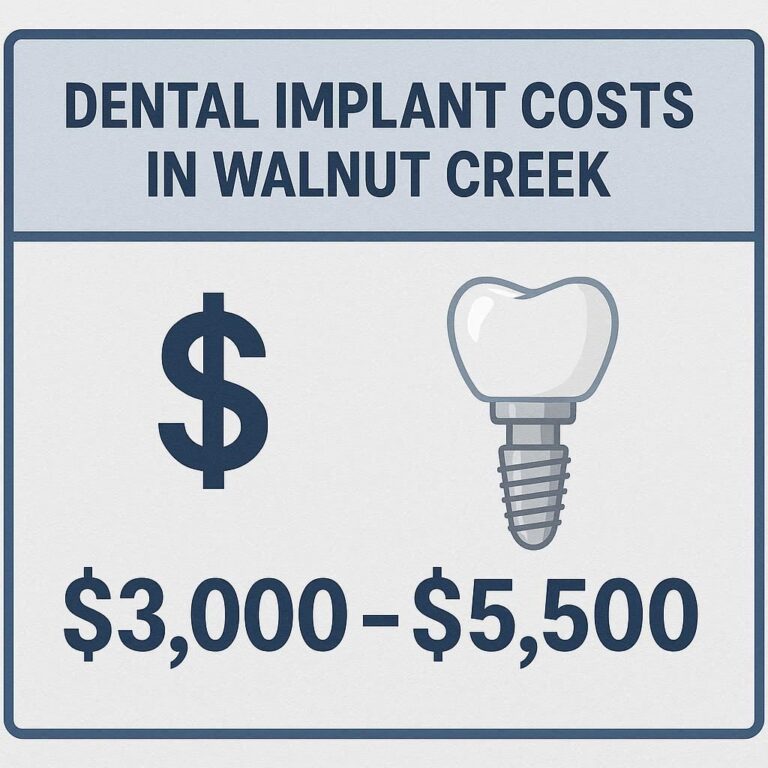Understanding the Cost of Dental Implants in USA: A Comprehensive Guide
Dental implants have become the gold standard for replacing missing teeth due to their durability, functionality, and natural appearance. Despite their popularity, the cost of dental implants in the USA can be prohibitive for many patients. This comprehensive guide will delve into the various factors affecting the cost of dental implants in usa, provide detailed information on the average costs, explore financing options, and discuss the role of dental insurance in mitigating these expenses.

How Much Do Dental Implants Cost in the US?
Factors Influencing the Cost
Several factors influence the cost of dental implants in the USA, including:
- Type of Implant: Endosteal (most common), subperiosteal, or zygomatic implants.
- Materials Used: Titanium (standard) or zirconia.
- Complexity of the Procedure: Bone grafts, sinus lifts, or other preparatory surgeries.
- Location of the Dental Practice: Urban vs. rural areas.
- Dentist’s Expertise and Reputation: Highly experienced specialists may charge more.
Geographic Variations
The cost of dental implants can vary significantly across different regions in the USA. For instance, dental implants in major cities like New York or Los Angeles tend to be more expensive than in smaller towns or rural areas. The following table highlights the average cost differences across various states:
| State | Average Cost per Implant |
|---|---|
| California | $4,000 – $6,000 |
| New York | $4,500 – $7,000 |
| Texas | $3,500 – $5,500 |
| Florida | $3,800 – $5,800 |
| Illinois | $3,900 – $5,900 |
Average Cost of Dental Implants in the USA
National Averages
The average cost of a single dental implant in the USA ranges between $3,000 and $5,000. This includes the implant fixture, abutment, and crown. The overall cost can be higher if additional procedures are required.
Comparison with Other Countries
Dental implants in the USA are generally more expensive compared to other countries. For example:
- Mexico: $1,000 – $2,000
- India: $800 – $1,500
- Thailand: $1,200 – $2,500 These lower costs abroad have led to the rise of dental tourism, where patients travel to other countries to receive affordable dental care.
Single Tooth Implant Cost Without Insurance
Breakdown of Costs
Without insurance, the cost of a single tooth implant includes several components:
- Consultation and Examination: $100 – $200
- CT Scan and X-rays: $250 – $500
- Implant Fixture: $1,500 – $2,500
- Abutment: $300 – $500
- Crown: $1,000 – $2,000
Financing Options
Many dental practices offer financing plans to help manage the cost of dental implants. Some popular options include:
- CareCredit: A healthcare credit card that offers 0% interest financing for up to 24 months.
- LendingClub: Provides personal loans specifically for medical and dental expenses.
- In-House Payment Plans: Offered by some dental practices, allowing patients to pay in installments.
Dental Implants Cost
Multiple Tooth Implants
When replacing multiple teeth, the cost increases proportionally. For instance, replacing a set of three teeth using a bridge supported by two implants can cost between $6,000 and $10,000.
Full Mouth Implants
Full mouth dental implants, also known as All-on-4 or All-on-6, provide a permanent solution for those missing most or all of their teeth. The cost for full mouth implants ranges from $24,000 to $50,000 per arch, depending on the complexity and materials used.
Dental Insurance in the USA
Coverage for Dental Implants
Most dental insurance plans do not fully cover dental implants as they are often considered cosmetic procedures. However, some plans may cover parts of the procedure, such as the crown or the initial consultation. It’s essential to review your policy details and discuss with your insurance provider.
How to Maximize Benefits
To maximize dental insurance benefits for implants:
- Check if your insurance covers preliminary procedures (e.g., extractions, bone grafts).
- Combine insurance benefits: Use both dental and medical insurance if possible.
- Explore alternative coverage: Consider supplemental dental insurance plans specifically designed to cover implants.
Conclusion
Dental implants are a significant investment in oral health, offering a durable and natural-looking solution for missing teeth. The cost of dental implants in the USA varies widely depending on several factors, including the type of implant, geographic location, and additional procedures required. While the upfront cost can be high, various financing options and insurance benefits can help manage these expenses.
FAQs
1. Are dental implants worth the cost?
Yes, dental implants are considered a long-term investment due to their durability, functionality, and aesthetic benefits compared to other tooth replacement options.
2. Can I get dental implants covered by Medicaid?
Medicaid coverage for dental implants varies by state and is generally limited. It’s best to check with your state’s Medicaid office for specific coverage details.
3. How long do dental implants last?
With proper care and maintenance, dental implants can last a lifetime. Regular dental check-ups and good oral hygiene are essential for longevity.
4. Is there an age limit for dental implants?
There is no specific age limit for dental implants. However, candidates must have fully developed jawbones, which typically means being over 18 years old. Older adults in good health are also suitable candidates.
5. What are the risks associated with dental implants?
While dental implants have a high success rate, potential risks include infection, nerve damage, implant failure, and complications from additional procedures like bone grafts.
Additional Resources
- American Academy of Implant Dentistry: AAID
- National Institute of Dental and Craniofacial Research: NIDCR
- CareCredit: CareCredit
- LendingClub: LendingClub
Careful review and thorough research were conducted to ensure the accuracy and exclusivity of the content presented in this article. This detailed guide aims to provide comprehensive information about the cost of dental implants in the USA, helping readers make informed decisions about their dental health investments.


